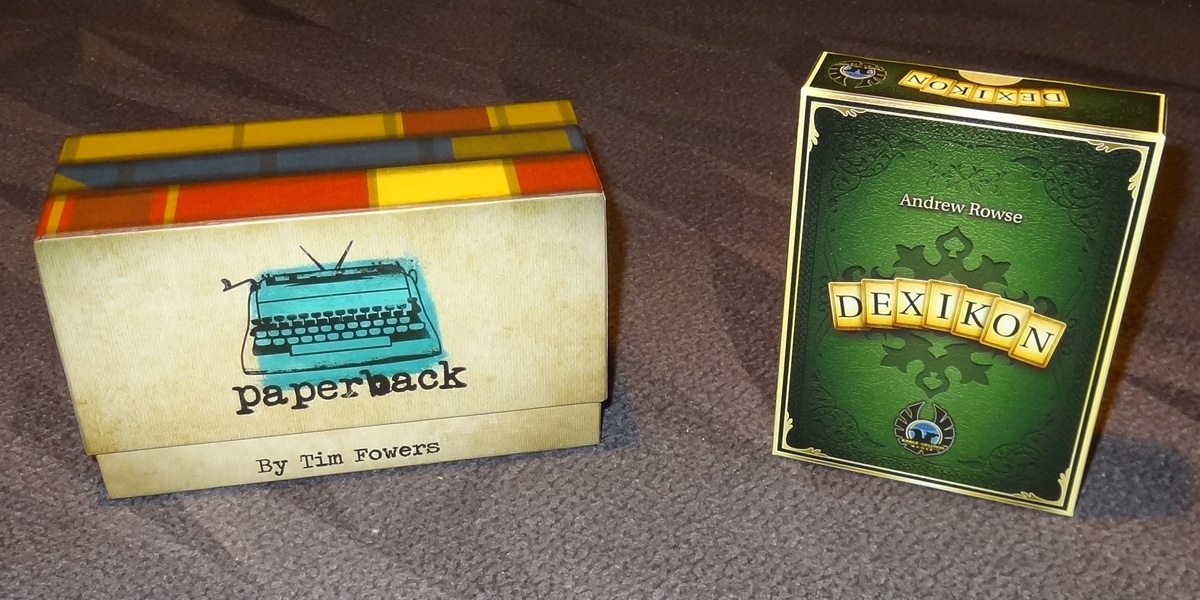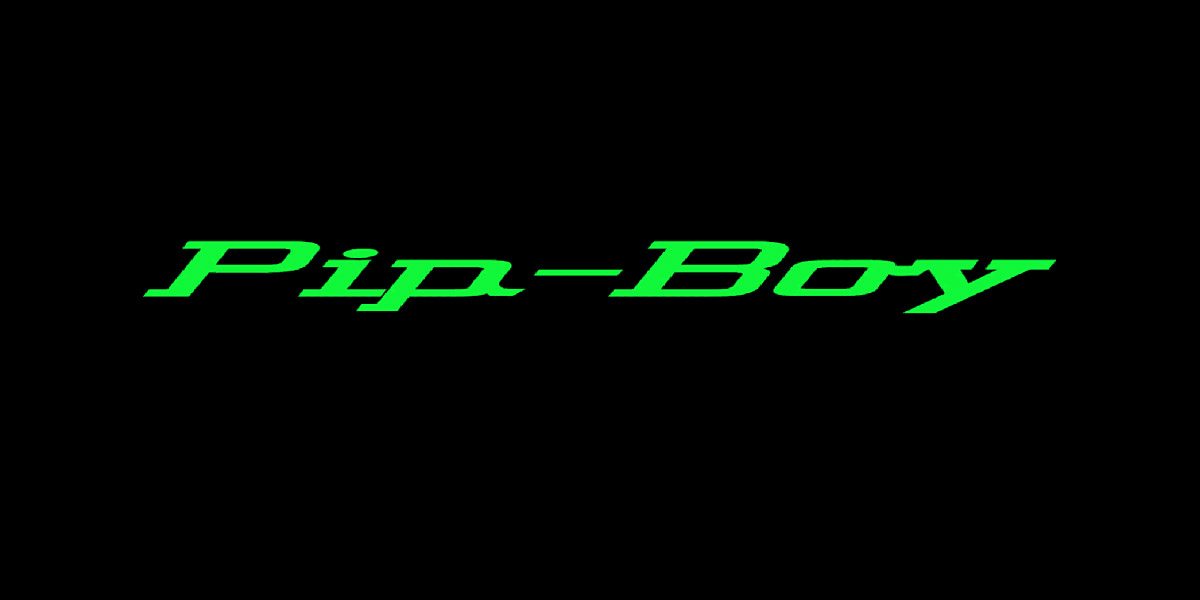
The Showdown
I don’t often pit two games against each other, because I usually like to evaluate each game on its own merits. However, these two have such similar roots that I know I’m going to get asked “But how do they compare?”
First, I’ll note that since these are both word-spelling games, the length of the game will vary based on how long people spend spelling words. If you or your fellow gamers are the type who will agonize over a word for five minutes at a time, this might not be the best choice for you. However, on this count, Dexikon may be a little easier than Paperback: the attack cards in Dexikon just make you gain Penalty cards and don’t affect your current word. So if you start making a word when you first draw your cards, you’ll have an entire round to come up with something. In Paperback, the Common card might be claimed right before your turn, forcing you to come up with something new on the spot. Also, the Attack cards in Paperback can affect what you can use in a word–so you may have the perfect word chosen, only to find that you can only use five letters in your word.
Both games use what I call Ascension-style stacks: there’s a random assortment of cards available for purchase each turn, rather than multiple copies of the same card. While some earlier deck-building games like Dominion and Thunderstone tended to use the common piles, it seems that more and more use the other style, where available cards are shuffled and a certain number are available at any given time. The downside is that there is more random chance in what’s available each turn, and you can’t always plan ahead because what you want may not be there by your turn. The benefit is that it introduces more variety to each play, and it also makes setup a little easier. Paperback does require sorting out cards by cost, and Dexikon has the core cards that are always available.
In terms of ease of play, I think Paperback may have a slight lead there. You just make words and buy cards, and sometimes you have a choice between buying a card that has more abilities or buying a card that will get you points. As in Dominion, though, the high-scoring cards are expensive, so if you manage to get that much money you probably want to just buy the points. In Dexikon, you have to decide when to bank a word, or else you don’t score anything at all. That’s a tougher decision to make, I think, and a little less intuitive. On the other hand, that also means Dexikon requires a different sort of strategic thinking, which some players may prefer.
Dexikon definitely wins on portability. Neither game is really large, but Dexikon is a tiny flat box and Paperback is a sort of odd-shaped brick.
Paperback offers more variety of play styles, with the additional cards, the wooden cubes and optional rules, and even a cooperative mode. Dexikon just has the one play mode.
Of the two, I prefer Paperback myself–I like the mix of abilities and the ease of teaching it to new players. However, Dexikon is a solid game in its own right, and may appeal to those players who are great at maximizing word scores in Scrabble and know when to bank a word. Dexikon is a nice price for a small, portable game; I think Paperback is worth the extra for what you get.
Disclosure: I received review copies of both games.





Paperback is a favorite of my wife and I, we backed it on Kickstarter. I’m a lousy speller but really enjoy the game.
Have been looking at both but favoring Paperback myself. Thanks for the review and the comparison.